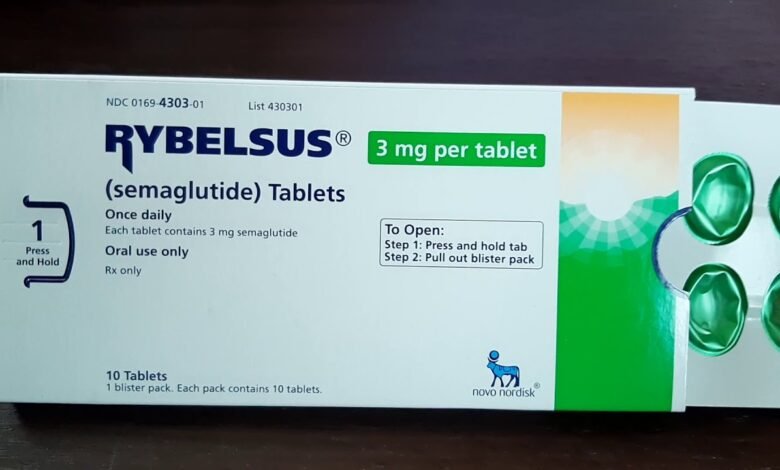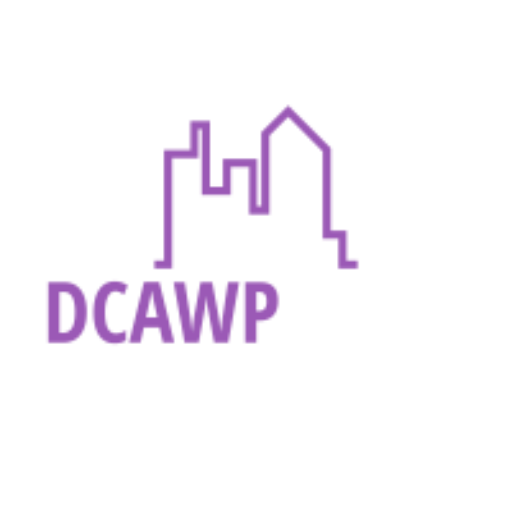Rybelsus Coupons and the Healthcare System: Benefits and Challenges

Introduction
Rybelsus, a medication for type 2 diabetes, has been a significant advancement in the management of this chronic condition. However, the cost of Rybelsus can be a barrier for many patients. The introduction of Rybelsus coupons has been a relief for numerous individuals, yet these coupons also present broader implications for the healthcare system. This article examines the benefits and challenges of Rybelsus coupons from economic and ethical perspectives.
Benefits of Rybelsus Coupons
Increased Accessibility to Medication: Rybelsus coupon make the medication more affordable for patients, particularly those without comprehensive insurance coverage. This increased accessibility can lead to better health outcomes for individuals with type 2 diabetes.
Reduced Healthcare Costs in the Long Run: By facilitating better management of diabetes, Rybelsus can potentially reduce the need for more expensive treatments later, such as hospitalizations due to complications. This can result in overall savings for the healthcare system.
Patient Empowerment: Coupons empower patients to take an active role in managing their health. By making treatment more affordable, patients are more likely to adhere to their medication regimens, leading to improved health outcomes.
Challenges and Ethical Considerations
Impact on Insurance Premiums: There is a concern that pharmaceutical coupons, including those for Rybelsus, may drive up overall healthcare costs. Insurers may offset these costs by increasing premiums, which can impact all insurance holders.
Long-Term Sustainability: The sustainability of pharmaceutical coupons as a long-term solution to medication affordability is questionable. While they provide immediate relief, they do not address the underlying issue of high drug prices.
Ethical Implications: Pharmaceutical coupons can create ethical dilemmas. They may encourage the use of more expensive branded medications over equally effective generics, leading to higher overall healthcare spending. Additionally, they are often unavailable to patients enrolled in government-funded insurance programs like Medicare, potentially creating inequities
Influence on Prescribing Habits: Coupons might influence doctors’ prescribing habits, swaying them to favor medications with coupons over other options, which may not always be in the best interest of the patient.
The Economic Impact on the Healthcare System
The economic impact of Rybelsus coupon is multifaceted. While they reduce individual patient costs, their effect on the broader healthcare economy is complex. They may contribute to higher drug spending and influence market dynamics in ways that are not always beneficial to the healthcare system as a whole.
Navigating the Future
Looking ahead, it’s crucial for the healthcare system to find a balance. The benefits of pharmaceutical coupons in terms of patient accessibility and adherence are clear, but these need to be weighed against the long-term economic and ethical implications. Policymakers, healthcare providers, and the pharmaceutical industry must work together to create more sustainable models for drug pricing and patient access.
Conclusion
Rybelsus coupons play a significant role in the current healthcare landscape, offering immediate financial relief for patients and potentially improving health outcomes. However, the broader implications on the healthcare system, including economic and ethical considerations, highlight the need for a more comprehensive approach to medication affordability and healthcare equity. Addressing these challenges will require collaborative efforts and innovative solutions to ensure that all patients have access to necessary medications without undue financial burden.




